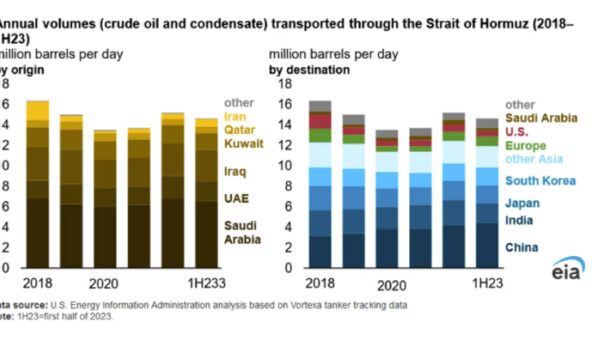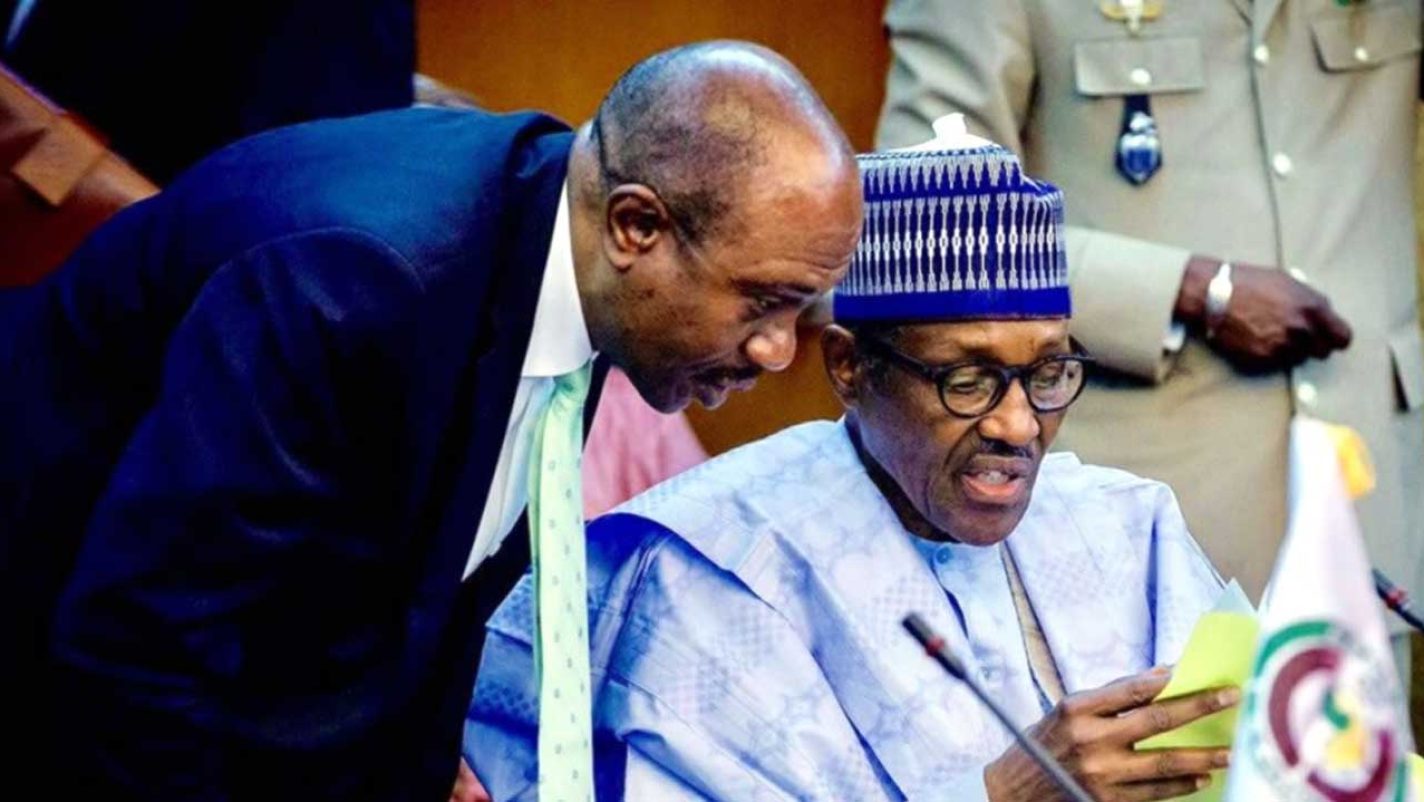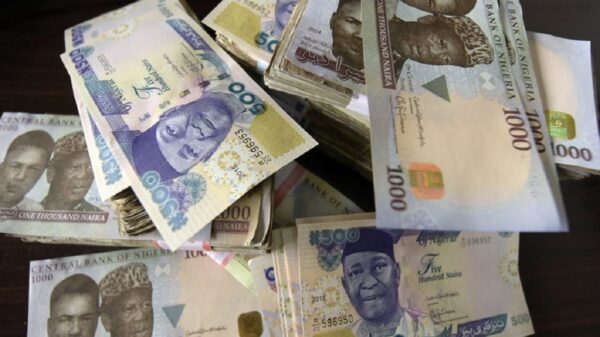In 2022, Nigeria’s Central Bank set out to revamp the naira and promote cashless transactions across the country. This move was aimed at modernizing the payment system but ended up tangled in numerous challenges.
The impact of this initiative rippled through various corners of Nigerian society. Isa Yusuf, a fruit seller at Mile 12 Market, expressed frustration: “Those who buy from me don’t have cash, and I can’t accept bank transfers.” Abebi Saka, selling perishable goods at Ketu Market, faced similar issues when a customer’s payment took six days to reflect, causing potential spoilage of her goods. Transporters like the one at Mile 2, Surulogba, experienced a drastic drop in customers due to the scarcity of cash.
This struggle was a common narrative in late 2022 and early 2023 as Nigerians, regardless of age, grappled with a cash shortage triggered by the Central Bank’s decision to redesign certain naira denominations and limit the currency in circulation.
The redesign and policy announcement by the then CBN governor, Godwin Emefiele, aimed to control currency circulation, curb counterfeits, and deter ransom payments to criminals. However, it sparked public outcry and protests across cities like Ibadan, Akure, Kwara, and Uyo. The scarcity of new notes and rejection of old currencies by banks prompted demonstrations, with even depositors flocking to CBN branches to exchange old notes.
Tragic stories surfaced, such as the death of Shema’u Labaran in Kano due to the husband’s inability to pay medical bills in the new notes and Ademola Adesola’s passing while waiting in a bank queue in Lagos. These incidents highlighted the grim consequences of the cash scarcity.
Nigeria, being a cash-based economy with only a fraction of adults having bank accounts, faced an immense challenge. Victor Olojo, National President of the Association of Mobile Money and Bank Agents, emphasized that transactions, especially in local markets, heavily relied on cash. The shift towards e-banking posed challenges for those less familiar with technology, impacting daily transactions like buying goods exceeding N20,000.
The policy’s effect extended to small businesses, according to Dr. Adebayo Adams, Lagos State Chairman of the Nigerian Association of Small and Medium Enterprises. He emphasized the need for well-organized alternative channels to alleviate the impact on small businesses.
Technical glitches compounded the problem as bank apps crashed, leading to frustration among customers. The Fintech Association of Nigeria expressed concerns about the policy’s execution, fearing a dent in customers’ trust in the banking system due to failed transfers and overwhelmed digital channels.
The economic fallout was tangible, as Nigeria’s GDP growth dropped to 2.31% in the first quarter of 2023, a decline attributed to the cash crunch experienced during that period, according to the National Bureau of Statistics.
The situation in Nigeria mirrored India’s 2016 demonetization move, where high-value currency notes were rendered illegal to reduce cash dependency. However, India faced severe economic repercussions, with a notable drop in GDP and job losses.
While the CBN’s attempt to transition Nigeria to a cashless society faced setbacks, their vision for a cashless future remains. The ‘Payments Vision 2025’ document from the CBN outlines a continued focus on enhancing the cashless policy, leveraging the growing mobile-first generation by 2025.
The struggles faced during this transition underscore the importance of meticulous planning, stakeholder involvement, and robust infrastructure for successful policy implementation.
Would you like to share with us in the comment section: let’s know how you or anyone you know were affected at that period? Let’s hear more aspects of this story or how businesses were ruined or survived aftermath of this policies.



























































You must be logged in to post a comment Login